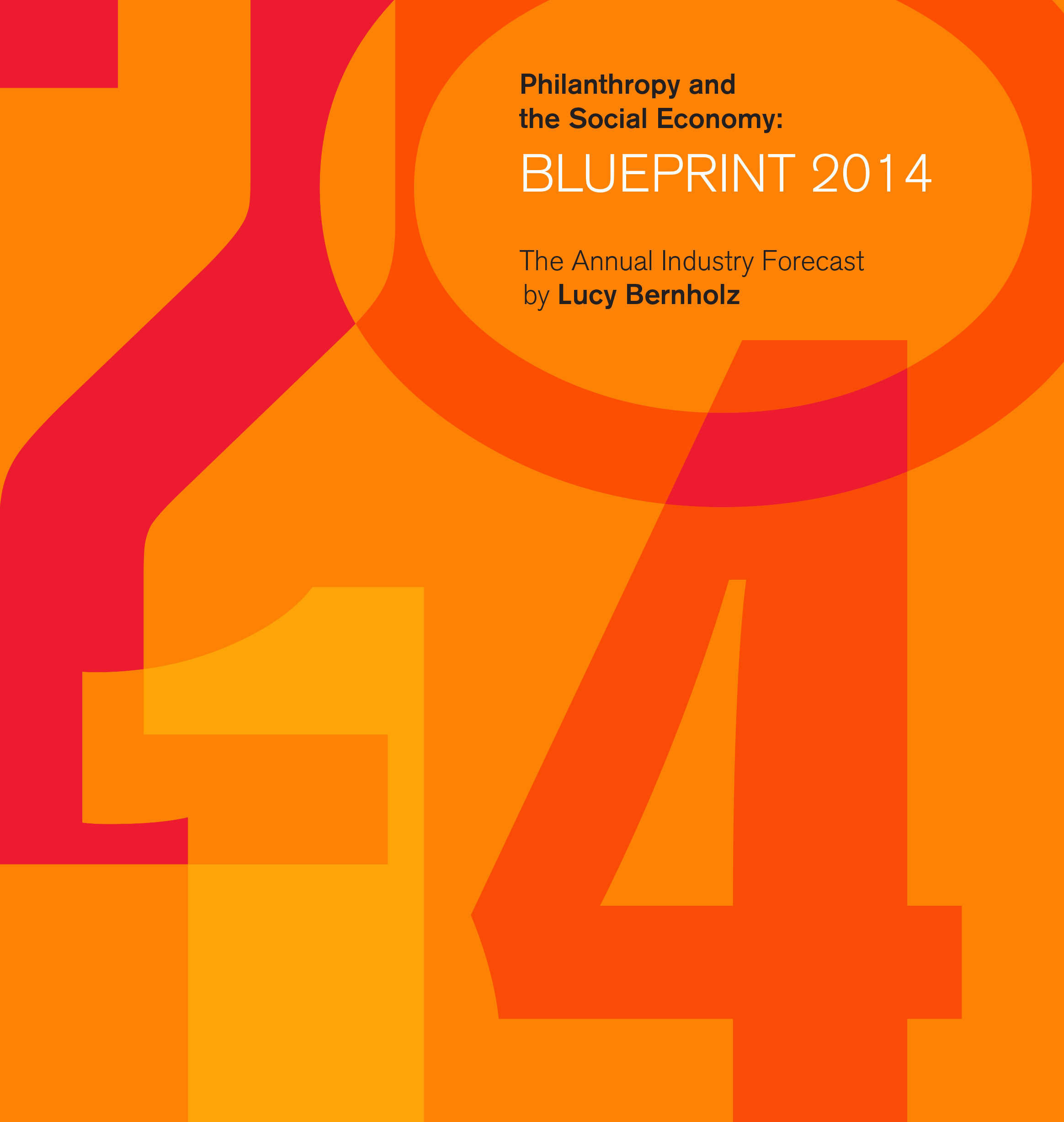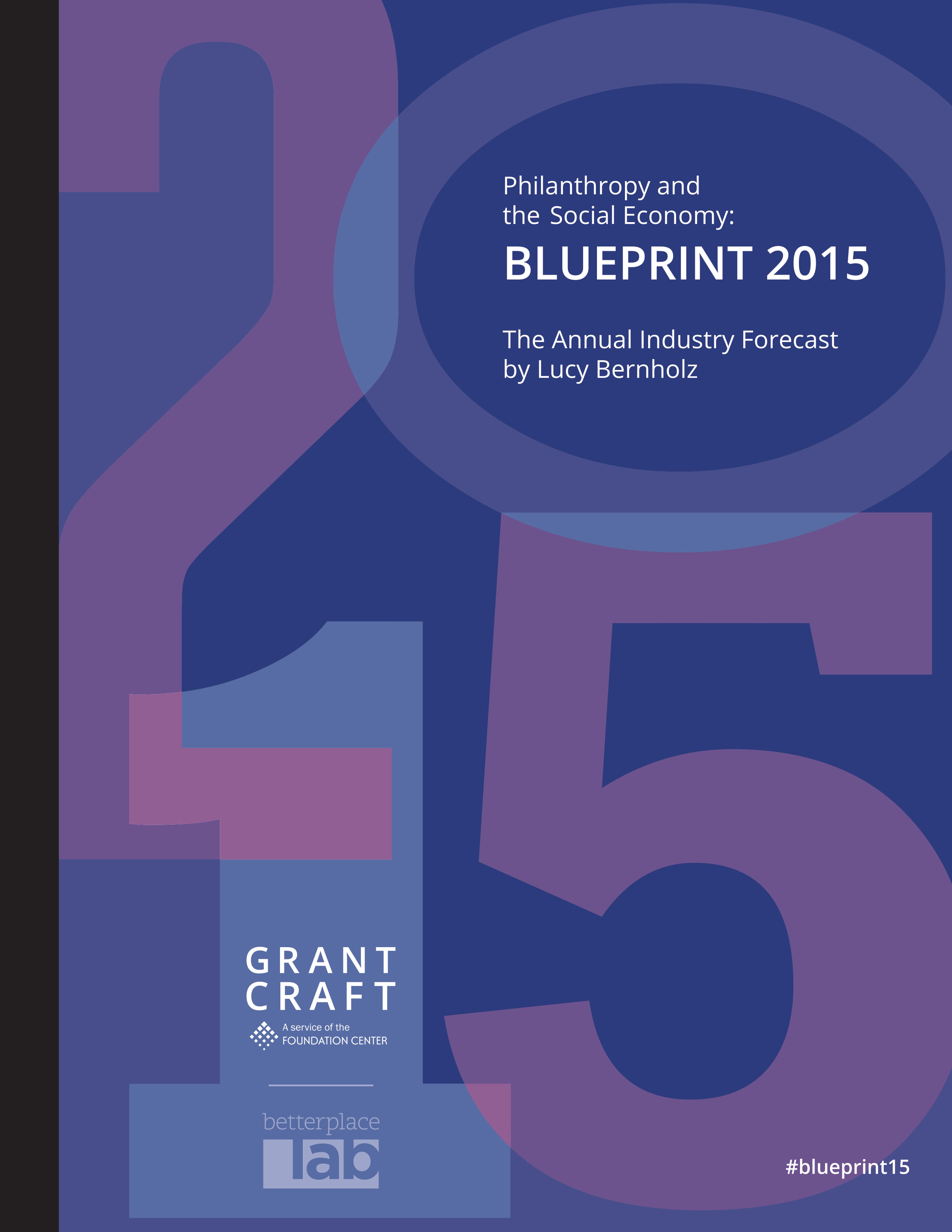Moving On: Sustainability When Times are Changing
Having launched two new guides and with a third new guide on collaboration among foundations ready to launch (watch out for news in July!), time has come to explore new subjects. In close cooperation with the EFC EU Affairs department research has started on foundations and advocacy in Europe. Another theme we are looking at is sustainability: what happens when funders exit, move on[1]. This issue evokes all kinds of emotions, we know what should be done, but are we responding rationally?
Zsofi Lang, who works as an intern at GrantCraft in Brussels has been doing some groundwork for this project. She shares ....
As part of the preliminary research, I visited my previous boss and good friend in Budapest to talk about ending funding relationships and moving on (among other things). Rita is the strategic director of a Hungarian NGO that aims to educate young people about active citizenship and democratic skills. The NGO had a nine year funding relationship with a corporate funder and an international youth organization that offered professional support. Recently this funding relationship came to an end. Although the program was not finished altogether, it had to be scaled down massively. When we recently reconnected, we talked about this relationship, about what makes an organization sustainable and how the moving on process was managed. Since I worked for this NGO during the final year of this program and saw parts of the ending and scaling down process, I had two main preconceptions about exits in general and particularly about this story:
• Ending a program is a sad thing, hard for all partners and moving on is a challenge
• Sustainability means continuing the program similarly to the way it had started
After my interview with Rita, my initial ideas had thoroughly changed. Her story revealed that moving on is definitely a challenge, but with a few steps and conscious planning, it can be made less of a burden and more of a way to evolve as an organization. One of the main themes related to moving on is how the outcomes, the achievements of the program will be sustained. According to Rita, from the NGO perspective, funders do not always have the means to make the outcomes sustainable and it is often left for the NGO to find a way to do it. “These funders see a social problem, then they say let’s do something with this, possibly with a large impact, but after a certain point, they can’t make sure that the project will last in the long term.” With program-based NGOs, this can pose a real challenge. “Regarding youth volunteering, such a program can be sustained if we continue to work with young people after the program is done.” We also discussed the chances of an NGO in Hungary staying alive after a big funder moves on. As Rita says “the longer term sustainability - which to me also means the sustainability of the organization, not just the program – was embodied first and foremost in the nine year learning process we lived. The kind of professionalism that we learned from IYF added a lot to the sustainability of both the program and the organization. And sustainability was also secured by having a vision as an organisation; so it wasn’t about doing something just this moment, it was about us wanting to move from A to B.” Getting closer to the end of our talk, I asked Rita what it feels like, to talk about these things. I was expecting some kind of sadness or remorse, but instead she said that it feels good and that she is very proud of the chance they got and what they achieved with it. “Everyone knows that the impact of what we did will last much longer than these nine years.”
For those of you who are moving on from a funding relationship and do not have time to wait until there is a new guide: download for free the original GrantCraft guide on the topic, published in 2007: The Effective Exit - Managing the End of a Funding Relationship And, last but not least: if you have an exit or moving-on experience to share, please contact us at [email protected]
[1] This term is used in Moving On (2009), a publication of the International Business Leaders Forum.



